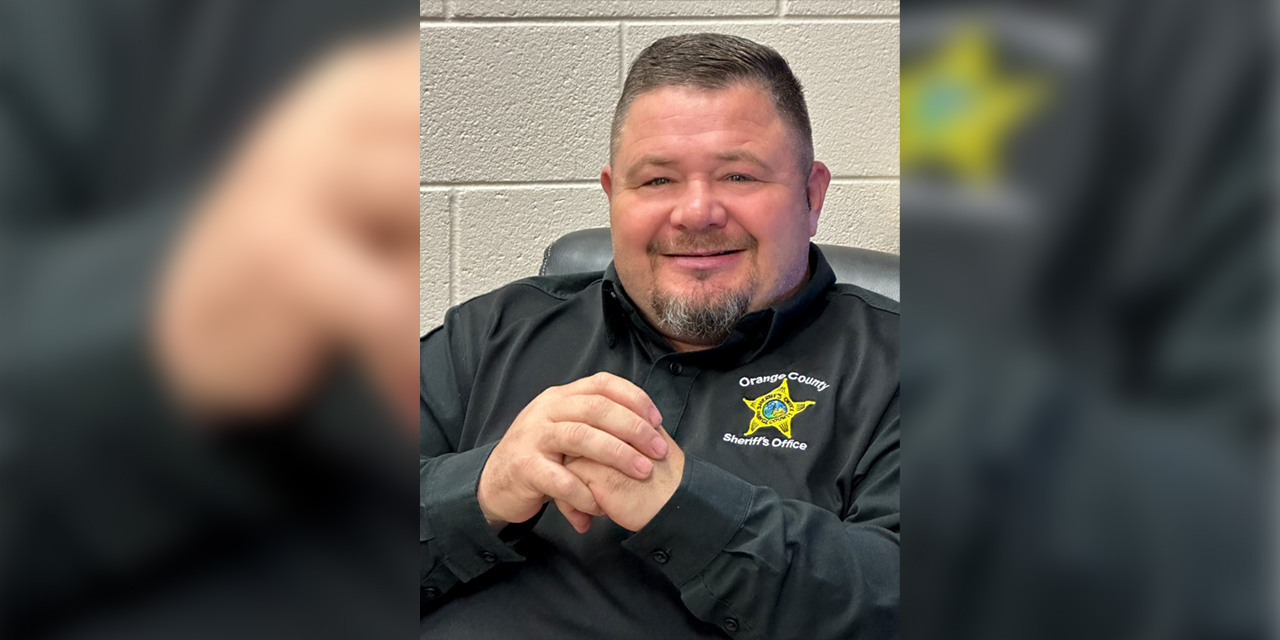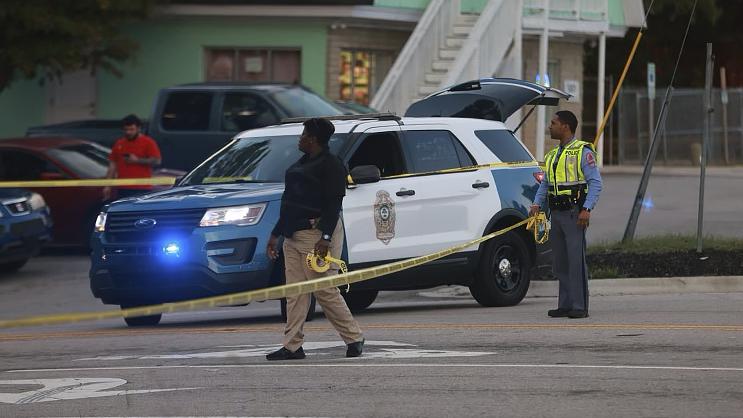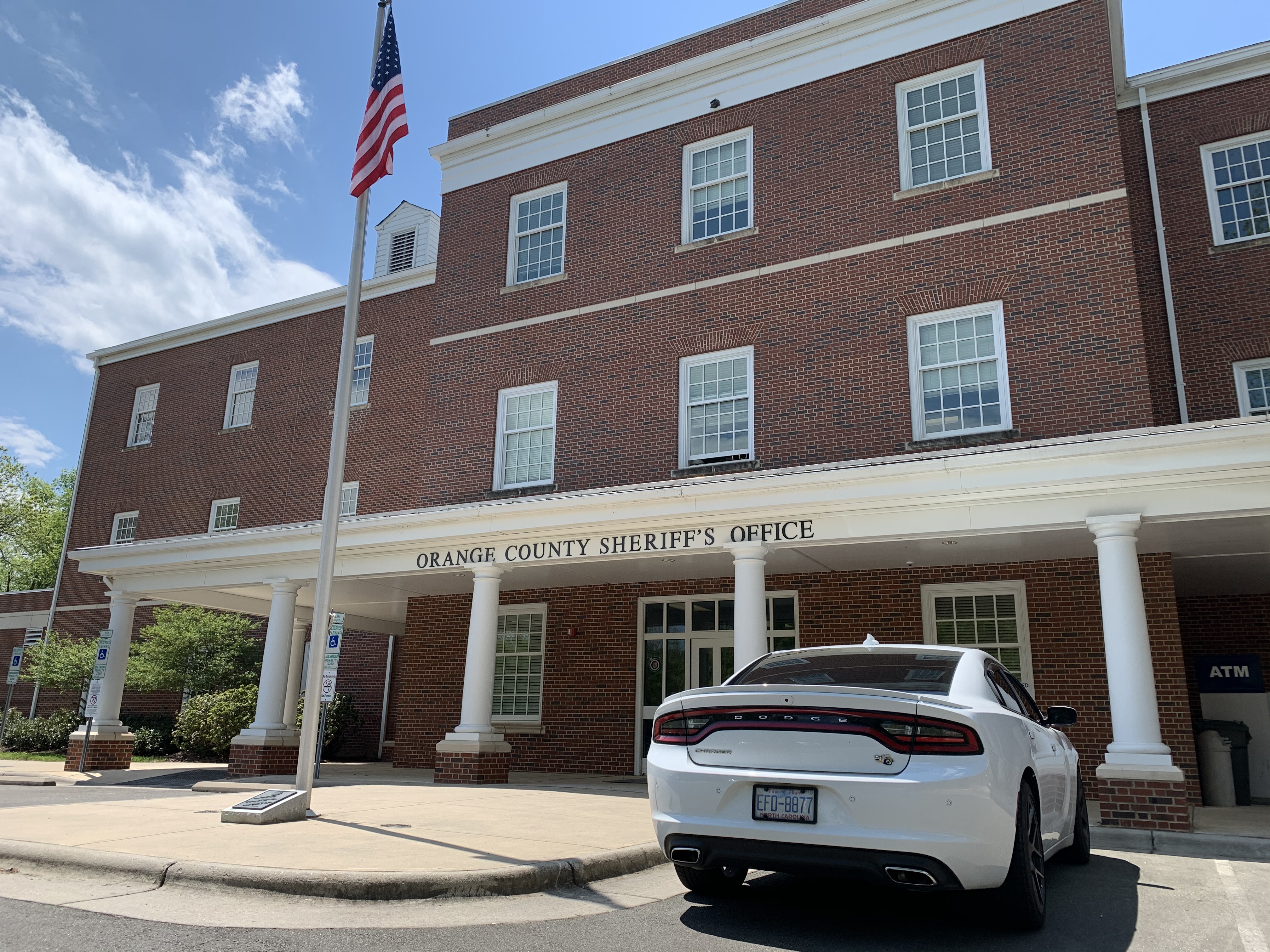State lawmakers have ratified a bill to help prevent heroin and other opioids from coursing through the veins of North Carolina.
House Bill 243 targets the misuse of certain controlled substances by establishing laws that physicians and pharmacies must follow.
According to Orange County Sheriff Charles Blackwood, those laws will help his deputies combat a deadly epidemic.
“This is the plague of this century and we’re dealing with it in the best way we can, but we realized early on that we didn’t have enough jails, police officers, deputies and troopers to attack this alone,” he relayed.
“It’s really empowering to us to note that all of our House supported this in a bipartisan move.”
The bill allows for wider use of an opioid overdose reversal agent known as naloxone and puts tighter limits on prescription drug doses.
Blackwood explained that broad attempts are being made by the bill to prevent opioid addiction rather than mitigate it.
“Collectively, it casts a very large net,” he stated.
“It’s going to require that the physicians writing the prescriptions, the insurance companies proving the bills, the lawmakers creating laws and those who have control over money for policies and programs all work together with one goal in mind, and that is to limit the availability and to remove the need.”
Community health groups may now administer naloxone to people at risk of experiencing opioid-related overdoses.
That policy was endorsed by Blackwood as a way to help rehabilitate opioid addicts that disregard current narcotics laws.
“Never before has this drug been so widely needed, and having better availability, better funding to purchase and issue it to our officers is very important,” he noted.
“The back side of this is now we’ve got funding and programs that are going to be put in place to actually treat the person; we’ve said all along [that] we can create all the laws we want to, but you can’t arrest away this problem.”
The bill was also ratified in the midst of higher reported uses of fentanyl, a synthetic opioid that limits the effectiveness of naloxone.
“The heroin that’s on the street, the naloxone works for that; when you mix the synthetic fentanyl in with the heroin or whatever else that they’re mixing in, it becomes less effective, and some of the fentanyl that’s hit the market requires multiple doses of the naxolone to even take any effect,” he reported.
“Sadly, many people are dying because it’s not having an effect.”
Medical practitioners are now obligated to participate in an electronic reporting system that tracks opioid prescriptions.
The system allows for five-day or seven-day allotments of the medication based on whether the patient is post-operative.
A report on the effectiveness of the system is expected to be compiled annually by state health officials starting in 2019.
Photo from speakermoore.com.
Related Stories
‹

Greensboro Man Charged with Concealment of Death in Orange County Following Investigation Into BodyThe Orange County Sheriff’s Office announced a charge on Monday in connection to the discovery of a body found in the rural part of the county on October 15. A release from the office said Greensboro resident Randel L. Riggsbee faces the charge of concealment of a death stemming from the discovery of another Greensboro […]

UNC Experts Present Efforts to Combat Opioid-Related Deaths in Campus CommunityAt the most recent UNC BOT meeting, researchers and health professionals shared what the university is doing to combat opioid overdoses on campus.

Orange County Sheriff's Office Announces Retirement of Chief DeputyThe Orange County Sheriff’s Office shared one of its veteran leaders is retiring in the coming months. Chief Deputy Jamison “Jamie” Sykes will be stepping away from the role after several decades in law enforcement, including 25 years with the sheriff’s office. “I am personally going to miss seeing Jamie at work every day, and […]

Orange County Law Enforcement Offers Condolences After Raleigh Mass ShootingThe Raleigh community continued to react and recover Friday morning from a mass shooting that shook the state’s capitol city and left five people dead. A few miles west, law enforcement agencies in Orange County offered their support and sympathy to those affected by the murders. The Orange County Sheriff’s Office, Chapel Hill Police Department […]

OC Sheriff's Office Creates Mental Health Response Unit, Spearheads ReformThe Orange County Sherriff’s Office is in the process of creating a new Mental Health Response Unit, taking a significant step towards law enforcement reform in the county.

Orange County Sheriff's Office Launches New Mobile AppThe Orange County Sheriff’s Office recently launched a custom mobile app for iPhone and Android devices to build community engagement and foster communication with local law enforcement.

Hillsborough Man Facing Drug Charges After Caught Carrying 150 Grams of HeroinThe Orange County Sheriff’s Office arrested a man following the discovery of several drugs during a traffic stop early Friday morning. Aaron Hersey, a Hillsborough resident, claimed responsibility for multiple substances and drug paraphernalia detected by a K9 unit during a routine stop near N.C. Highway 86 and Interstate 85. The sheriff’s office reported seizing […]

'We Are Part of the Problem': Orange County Sheriff Speaks on Systemic RacismAs the Black Lives Matter movement continues to spur protests and discussion, there is a call for structural change and reform on a national and local level. 97.9 The Hill’s Aaron Keck spoke with Orange County Sheriff Charles Blackwood to hear his thoughts on systematic racism in law enforcement and how we can effectively ‘do […]

Suspect Arrested in Orange County on Heroin Trafficking ChargesOrange County authorities have charged a Graham man with trafficking heroin. Deputies with the Orange County Sheriff’s Office arrested 31-year-old Albino Nieto Ontiveros on Thursday following a buy. Officials from the Drug Enforcement Administration assisted local deputies in the arrest. Nieto Ontiveros was in possession of a kilo brick of heroin, which is “roughly the […]

Investigation Leads to 6 Arrests for Heroin, Fentanyl Distribution in Orange CountyA joint investigation by Carrboro Police, Chapel Hill Police and the Orange County Sheriff’s Office has led to the arrest of six individuals who “engaged in the distribution of heroin and fentanyl.” Law enforcement officials said in a release Tuesday that a joint investigation came about after an overdose death in Carrboro in June 2018. […]
›











